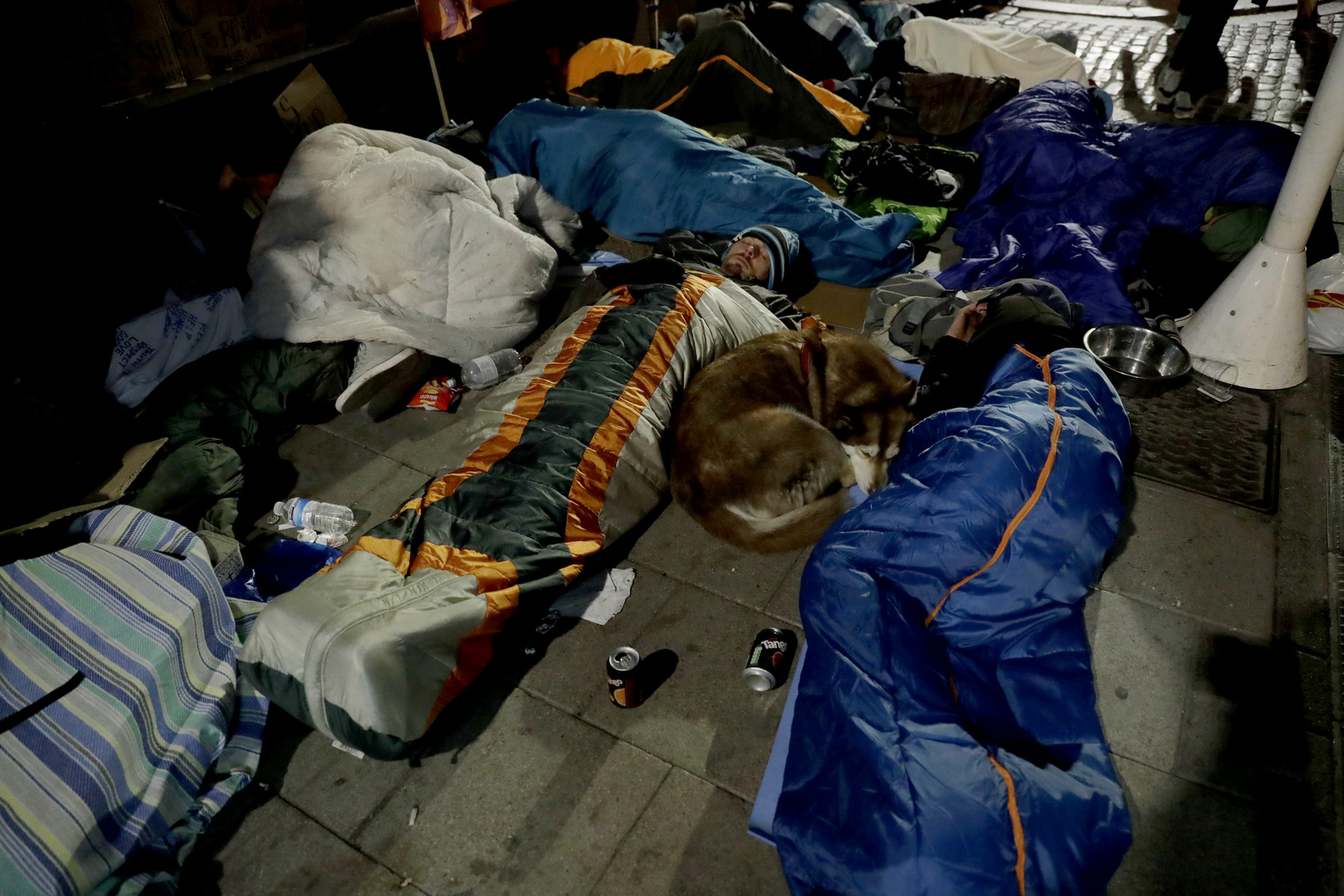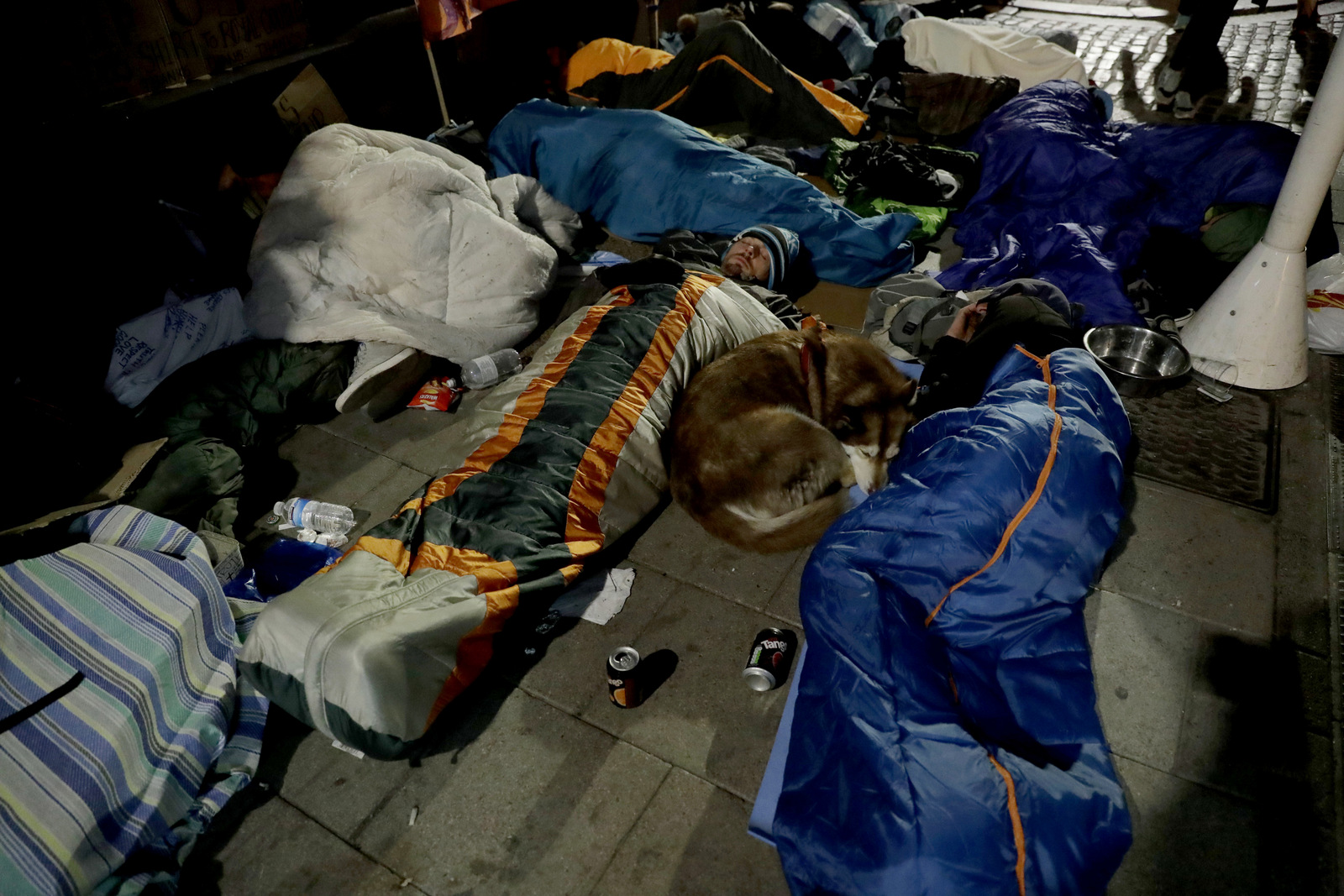LONDON – The royal wedding between the U.K.’s Prince Harry and American actress Meghan Markle, due to take place today, has been in the headlines for some time, serving as a convenient distraction from other major events – from the mass shooting of unarmed protesters in Gaza to efforts by certain U.S. officials to sabotage the Korean peace talks. While coverage of the royal wedding has examined almost every angle – from the cake to the absence of Markle’s father from the event, there has been little discussion of the wedding’s cost to U.K. taxpayers.
The royal family has declined to release official data as to the cost of the wedding, making it difficult to figure out the exact cost of the event. The most widely circulated estimate places the figure at an impressive £32 million (~$43 million) with the U.K. taxpayer expected to absorb the full cost of security for the wedding, the event’s single largest cost. Other aspects of the event will apparently be paid for by the royal family themselves. However, given that the Royal Family receives an annual “grant” directly from the U.K. treasury – valued this year at £82 million ($110 million) – taxpayer funds are set to be used to indirectly pay for other parts of the wedding as well.
However, while the glamor of the event consumes the attention of the media – and by extension much of the Western public – there is a stark reality that is being ignored. In the U.K., over a fifth of the population now lives in poverty, as the country has experienced the largest drop in living standards in over 60 years. In addition, the number of families in temporary housing has also surged, with 79,000 families living in such accommodations compared to 48,010 just eight years ago.
Some of those living in temporary housing are the victims of the Grenfell Tower fire, which decimated a 24-story public-housing apartment building in London in June of last year. Most of the affected families have yet to be rehoused, nearly a year later.
Pageantry amidst austerity

Members of the charity ‘Homeless Entrepreneur’, lie in sleeping bags near Windsor Castle, ahead of the royal wedding in London, May 19, 2018. (AP/Matt Dunham)
Much of the blame has been placed on the Tory government, led by Prime Minister Theresa May, which has championed austerity through the cutting of benefits, a move that critics argue has led to a noticeable uptick in poverty among the country’s most vulnerable groups. Even members of May’s own government have criticized her “lack of leadership” on the issue, which led the government’s entire social mobility commission to resign in protest last December.
Other government statistics paint a similarly dire picture of rising child poverty in the U.K., surging with nearly 100,000 more children living in poverty every year. Currently, more than 30 percent of all children in the country live below the poverty line. In addition, more than 1.5 million more children are expected to be added to that total, now standing at 4.1 million, by 2022. The situation of child poverty in the U.K. is so grave in some areas that teachers report that children with “grey skin, poor teeth, poor hair” are “filling their pockets” with the food provided by schools.
With so much inequality in the U.K., the sixth most unequal country in the world, the hefty £32 million price tag for the royal wedding is a slap in the face to U.K. citizens who have seen their standard of living and benefits decline over years of government-imposed austerity.
Top Photo | The royal wedding ceremony at St. George’s Chapel in Windsor Castle in Windsor, near London, England, May 19, 2018. (Jeff J Mitchell via AP)
Whitney Webb is a staff writer for MintPress News and a contributor to Ben Swann’s Truth in Media. Her work has appeared on Global Research, the Ron Paul Institute and 21st Century Wire, among others. She has also made radio and TV appearances on RT and Sputnik. She currently lives with her family in southern Chile.
The post A Royal Wedding for a Nation Sinking Ever-Deeper into Inequality appeared first on MintPress News.
